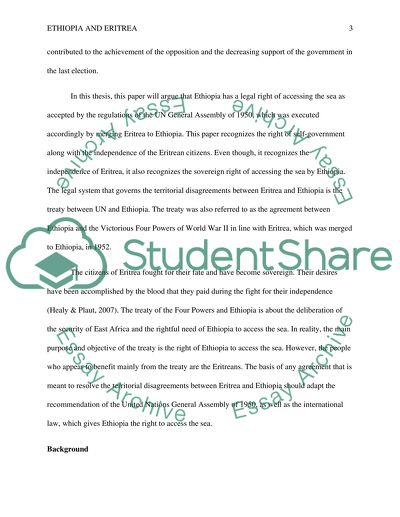Cite this document
(“Ethiopia and Eritrea Research Paper Example | Topics and Well Written Essays - 4250 words”, n.d.)
Ethiopia and Eritrea Research Paper Example | Topics and Well Written Essays - 4250 words. Retrieved from https://studentshare.org/law/1400715-ethiopia-and-eritrea
Ethiopia and Eritrea Research Paper Example | Topics and Well Written Essays - 4250 words. Retrieved from https://studentshare.org/law/1400715-ethiopia-and-eritrea
(Ethiopia and Eritrea Research Paper Example | Topics and Well Written Essays - 4250 Words)
Ethiopia and Eritrea Research Paper Example | Topics and Well Written Essays - 4250 Words. https://studentshare.org/law/1400715-ethiopia-and-eritrea.
Ethiopia and Eritrea Research Paper Example | Topics and Well Written Essays - 4250 Words. https://studentshare.org/law/1400715-ethiopia-and-eritrea.
“Ethiopia and Eritrea Research Paper Example | Topics and Well Written Essays - 4250 Words”, n.d. https://studentshare.org/law/1400715-ethiopia-and-eritrea.


